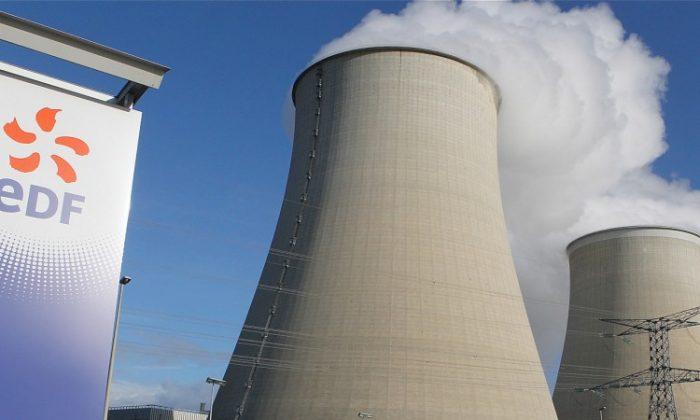Global nuclear energy production fell in 2011 due to the disaster that befell Japan’s Fukushima Daiichi nuclear plant, a weaker demand for electricity, and increasing production costs, according to a report released on Tuesday.
The Worldwatch Institute, an environmental research group based in Washington, D.C., commissioned the annual report.
Nuclear generation capacity—the potential for nuclear power plants to generate power—rose to record levels in 2010, only to tumble this year, the report said. Power generation from existing plants fell to 366.5 gigawatts (GW) by the end of October from 375.5 GW in all of 2010. In 2009 the world’s capacity was 370.9 GW.
Germany alone took 8 GW of nuclear capacity offline in 2011.
“Much of the decline in installed capacity is the result of halted reactor construction around the world,” Worldwatch stated. “Although construction on 16 new reactors began in 2010—the highest number in over two decades—that number fell to just 2 in 2011, with India and Pakistan each starting construction on a plant.”
During the first 10 months of this year, 13 nuclear reactors were shuttered, bringing the total reactor number to 433 around the world.
“It’s too early to conclude that nuclear energy is beginning a long-term decline, but these numbers can hardly encourage the industry,” Worldwatch President Robert Engelman said in a statement.
“The high cost of nuclear electricity generation and the widespread public perceptions that it poses unacceptable safety risks make it unlikely this form of power will help slow human-caused climate change or offer an attractive alternative to rising fossil-fuel prices any time soon,” he added.
China, in the past two years, constructed 10 of the 16 new nuclear plants in the world and will not likely slow down, Worldwatch said. The country needs to “meet its rapidly growing energy demand,” making it unlikely to slow down nuclear production, said Matt Lucky, the author of the Worldwatch report.
However, Germany and Switzerland announced plans to completely phase out nuclear power following the Fukushima disaster, which will likely contribute to future declines in the industry’s growth.
A report issued by the United Nations International Atomic Energy Agency (IAEA) and the International Energy Agency (IEA) in late November concluded that nuclear energy will continue to play a key role in generating electricity, despite the Fukushima disaster. It assessed that total nuclear energy generation would rise by more than 70 percent by 2035.
The IAEA report said that it may be undesirable for many countries to move away from using nuclear energy, as it would increase electricity prices while making it more difficult to deal with climate change.
“[B]y and large, we have seen a lot of reflection about nuclear power but we have not seen an overall retraction globally,” said IEA chief economist, Fatih Birol, during the World Energy Outlook 2011 seminar in Vienna on Nov. 24, according to an IAEA release.







Friends Read Free